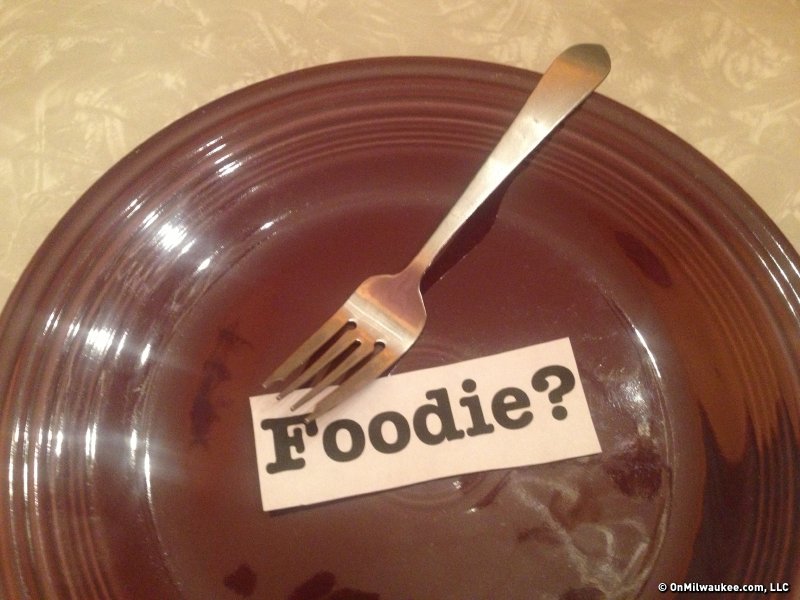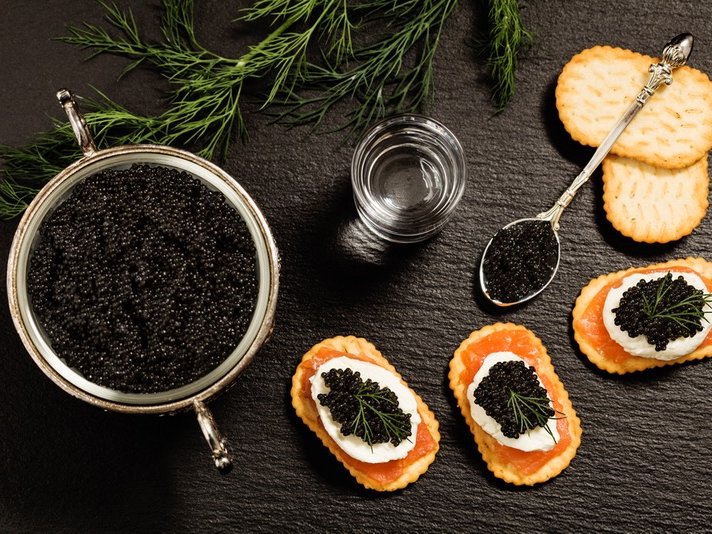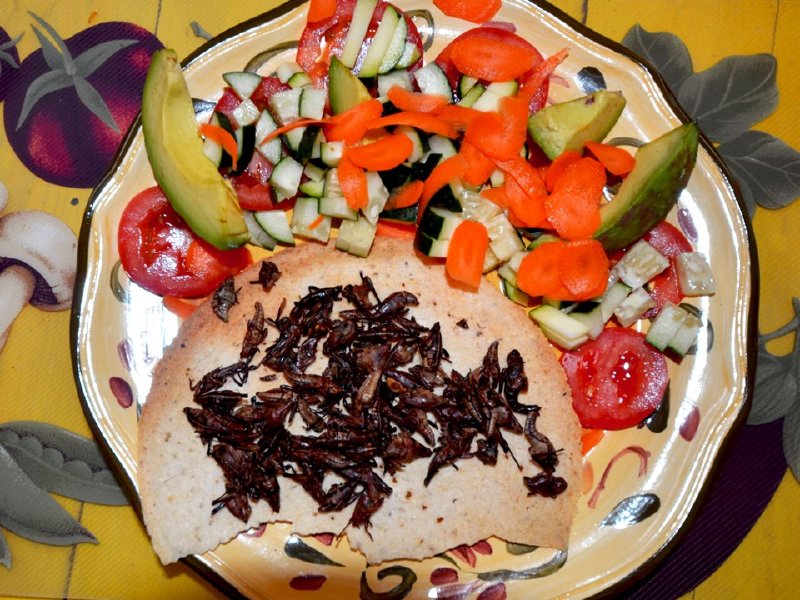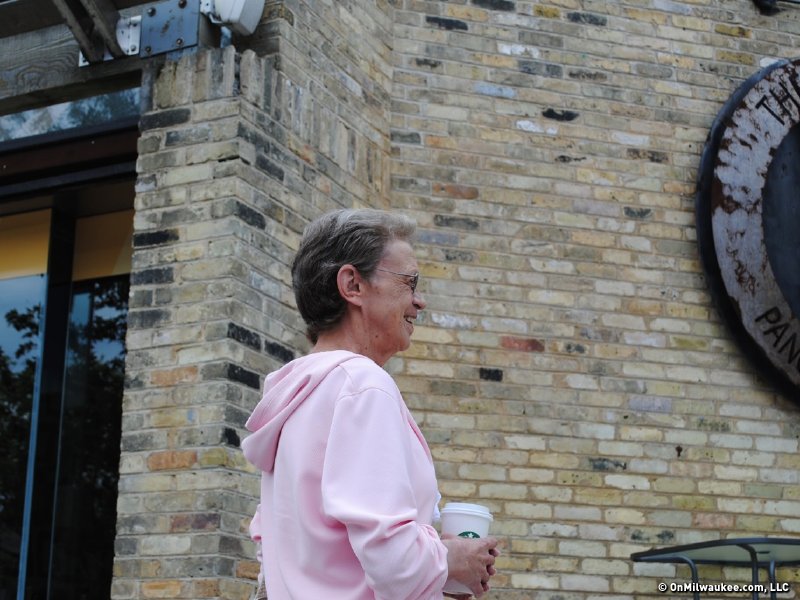There are numerous terms that could be used to describe a person who is passionate about food and cooking. Like "food lover" or "gourmand" or "cuisine connoisseur" or even "food nerd."
However, in our modern culture, "foodie" is the label that seems to stick like an al dente noodle on a wall.
And those folks who have been lumped in the foodie category at one time or another have mixed feelings on the word and different interpretations as to what it implies.
"I'm not sure I could even articulate what a foodie is. My first thought when someone calls themself a ‘foodie’ is that they consider themself an authority on food," says Kevin Sloan, the chef at The Pabst and Riverside Theaters. "The world of food is so humbling that it's hard for me to relate to such thinking."
For many food enthusiasts, including Sloan, the word "foodie" is twofold. Even though he’s never cared for the word, Sloan supports the concept of people who love to talk or write about food, photograph food and cook it.
"God bless them and I certainly won't be the one to discourage it," says Sloan.
Lori Fredrich is a food writer and blogger for OnMilwaukee.com and she, too, finds the word somewhat complicated. On the one hand, she sees it as "cutesy" and "elitist" jargon.
"But, quite frankly, when the die is cast against ‘foodie-dom,’ as a food writer I will be lumped in with them to face the firing squad. And I'm not sure I'm upset about that. After all, I think the word foodie gets a bad rap for very little good reason," says Fredrich.
Although she is aware that "foodies" are picked on as being "self-important, mindless drones, who follow after any and all food trends that come along," it’s not a fair assessment of all food lovers.
"I'll admit that, as in any group, there are always a small percentage of fanatics who ruin it for the rest. But, equating foodies with elitism across the board misses the point," she says. "It's not necessarily about elitism. It's about passion."
Plus, the term "foodie," she believes, discredits the importance of food.
"The truth is, food and our relationship to it is one of the most vitally important factors in our world today. It shapes our health, our economy, our waistlines and our culture. It is the great unifier, a factor which brings people together in ways that most other elements cannot," she says.
Laron Taylor runs a local business called Lai Lida Cookies and he doesn’t mind the word at all.
"I think it's a fun little term for those who love the art of creating dishes, desserts or drinks for others to enjoy," says Taylor. "I embrace it because it takes the stuffiness out of the art without diminishing the accomplishments of chefs, brew masters, etc."
Jen Ede is the publisher and editor-in-chief of Edible Milwaukee, a new quarterly food magazine in Milwaukee. She has also been a server, food blogger and the development and marketing associate at Chefs Collaborative, a national non-profit that helps chefs and restaurants make sustainable buying decisions.
She sees "foodie" used to describe a person who has entered a new "food consciousness" but often only in certain ways.
"In my mind, sometimes a ‘foodie’ tends to be someone who really likes exploring food experiences, but doesn't necessarily take into account questions of origin, production, distribution," says Ede.
Because Ede cares deeply about these things she prefers not to be labeled a "foodie."
"I don't even know what I would prefer to be called. Joan Dye Gussow, one of the pioneers of the sustainable food movement, had a decent word: ‘foodist,’" says Ede.
Fredrich says part of the backlash of the word "foodie" is because food people are easy to pick on.
"We are nerds. We care about details. We wax poetic over the texture of shiitake mushrooms. And we make more stops than the average person when driving around town to pick up the perfect ingredients for our next dinner party," she says.
Sloan notes that the word "foodie" has obscured the difference between professionals and hobbyists, which is not a bad thing.
"When I started in the industry it seemed the lines between people who made food and cooking their profession and those who didn't were a little more apparent. I don't think there's any real negative effects from the blurring of that line, other than maybe cheapening the title of chef or professional cook. But our types have pretty thick skin from all the cuts, burns and bruises that happen after years in the kitchen, so I'm sure we'll be fine," he says.
Overall, a word is just a word and what a person does is more meaningful than any label they take or reject.
"Being a ‘foodie’ in and of itself needn't make one insufferable; rather, it's the manner with which one interacts with the world that is a determining factor," says Fredrich.
"The celebration of food – the joy of creating something delicious, of nourishing family and friends, of breaking bread with those we love – has always been, and continues to be, one of the finer pleasures of life."
Molly Snyder started writing and publishing her work at the age 10, when her community newspaper printed her poem, "The Unicorn.” Since then, she's expanded beyond the subject of mythical creatures and written in many different mediums but, nearest and dearest to her heart, thousands of articles for OnMilwaukee.
Molly is a regular contributor to FOX6 News and numerous radio stations as well as the co-host of "Dandelions: A Podcast For Women.” She's received five Milwaukee Press Club Awards, served as the Pfister Narrator and is the Wisconsin State Fair’s Celebrity Cream Puff Eating Champion of 2019.







